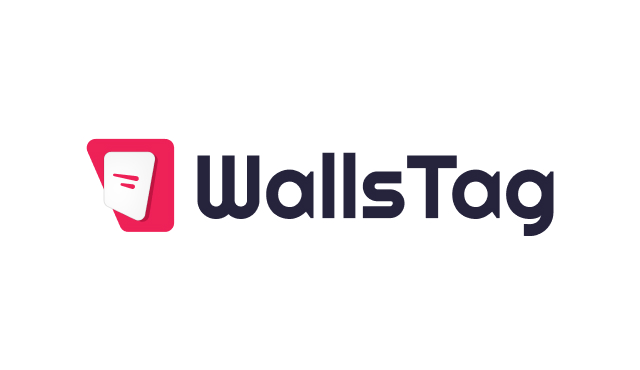Online review aggregators help businesses and individuals track, analyze, and display reviews from multiple platforms. Here’s a list of some of the best online review aggregators categorized by their strengths and capabilities:
Top Online Review Aggregators
1. Yotpo
- Features: Collects and displays reviews from customers across platforms. Includes advanced features like AI-driven insights and sentiment analysis.
- Pros: Integration with e-commerce platforms like Shopify and WooCommerce, user-friendly, and customizable widgets.
- Pricing: Free for basic use; paid plans available with advanced features.
- Best For: E-commerce businesses.
- Website: yotpo.com
2. Birdeye
- Features: Aggregates reviews from over 150 review sites (e.g., Google, Yelp, Facebook). Offers tools for reputation management, customer feedback, and surveys.
- Pros: Comprehensive platform, excellent reporting tools, and automation features.
- Pricing: Starts at $299/month.
- Best For: Multi-location businesses or enterprises.
- Website: birdeye.com
3. Trustpilot
- Features: Focused on collecting and showcasing verified customer reviews. Integrates with websites to display trust badges and widgets.
- Pros: Highly reputable, SEO-friendly, and supports Google Seller Ratings.
- Pricing: Free plan available; paid plans start at $225/month.
- Best For: Businesses seeking credibility and SEO benefits.
- Website: trustpilot.com
4. Podium
- Features: Aggregates reviews from platforms like Google and Facebook while enabling businesses to send review requests via text messages.
- Pros: Simple to use, excellent for local businesses, and includes customer messaging features.
- Pricing: Starts at $289/month.
- Best For: Local businesses focusing on Google and Facebook reviews.
- Website: podium.com
5. Reputation.com
- Features: Tracks and aggregates reviews, social media mentions, and surveys in one platform. Includes advanced analytics and benchmarking.
- Pros: Scalable for enterprises, robust reporting, and powerful AI-driven insights.
- Pricing: Custom pricing.
- Best For: Large enterprises or brands with multiple locations.
- Website: reputation.com
6. Grade.us
- Features: Collects reviews from Google, Yelp, Facebook, and industry-specific sites. Allows automated email and SMS review requests.
- Pros: White-label solutions, easy-to-use interface, and affordable pricing.
- Pricing: Plans start at $110/month.
- Best For: Agencies and small to medium businesses.
- Website: grade.us
7. ReviewTrackers
- Features: Gathers reviews from 100+ platforms, provides sentiment analysis, and integrates with CRM tools.
- Pros: Excellent for tracking and improving customer satisfaction.
- Pricing: Custom pricing.
- Best For: Businesses with a focus on customer experience and insights.
- Website: reviewtrackers.com
8. Womply
- Features: Primarily focused on small businesses, it collects reviews from Google, Yelp, Facebook, and other platforms. Offers financial analytics tools.
- Pros: Combines review aggregation with business health tracking.
- Pricing: Custom pricing.
- Best For: Small and medium businesses.
- Website: womply.com
Comparison Table
| Aggregator | Best For | Platforms Supported | Price (Starting) | Unique Feature |
|---|---|---|---|---|
| Yotpo | E-commerce | Google, Facebook, Shopify | Free/$29+ | AI-driven insights |
| Birdeye | Enterprises | 150+ platforms | $299 | Comprehensive review coverage |
| Trustpilot | Credibility and SEO | Google, Trustpilot, Facebook | $225 | Google Seller Ratings |
| Podium | Local businesses | Google, Facebook | $289 | SMS-based review requests |
| Reputation.com | Large enterprises | Multi-channel | Custom | AI-powered reputation insights |
| Grade.us | Agencies | Google, Yelp, Facebook | $110 | White-label solutions |
| ReviewTrackers | Customer experience focus | 100+ platforms | Custom | Sentiment analysis |
| Womply | Small businesses | Google, Yelp, Facebook | Custom | Combines reviews with analytics |
How to Choose the Right Aggregator
- Scope: Assess the platforms you want to track (e.g., Google, Yelp, Facebook).
- Business Size: Choose tools that fit your scale (e.g., local vs. enterprise).
- Integration Needs: Look for compatibility with your CRM or website platform.
- Budget: Balance between features and cost.
Would you like a deeper comparison or recommendations based on your business type?
